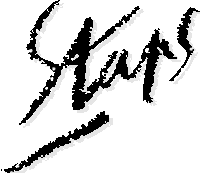Within or outside international sport? Chinese leaders in the 1950s and 1960s
This article examines how sports leaders from the People’s Republic of China (PRC) served as key figures in building and leading new transnational networks in the time between the establishment of the PRC in 1949 and the start of the Cultural Revolution in 1966—even as constantly changing political tides, both domestically and internationally, affected their ability to do so. It begins with a brief discussion of the new sports leadership in the early 1950s before then tracing China’s involvement in the socialist bloc sports networks and competitions, as well as its attempts to join and participate in the Olympics. The article then moves on to discuss how Chinese sports leaders in the 1960s, in particular Rong Gaotang and Huang Zhong, helped orchestrate the Games of the New Emerging Forces (GANEFO)—a politically motivated sporting federation and competition established in the aftermath of the Sino-Soviet split to assert Chinese socialism in the world, while also challenging the IOC’s domination of international sport. Next, the article looks at the turn of events in late 1966, during the early Cultural Revolution, when State Sports Commission leader Rong Gaotang—involved in most diplomatic and high-level political activities—was denounced and criticized for his past activities. Just before the first (and last) Asian GANEFO was held in December 1966, the Chinese leadership in charge suddenly replaced Rong as China’s delegation leader, and China soon retreated from the world of international sport for several years. The conclusion section notes how Rong’s rehabilitation in early 1979, after Mao’s death, the end of the Cultural Revolution, and the rise of Deng Xiaoping, was no coincidence: it came just as the new PRC leadership decided to return to the IOC as part of the plan to position China on the world stage as “open,” “reformed,” and “modernized.”
- China
- international sport
- diplomacy
- competitions
